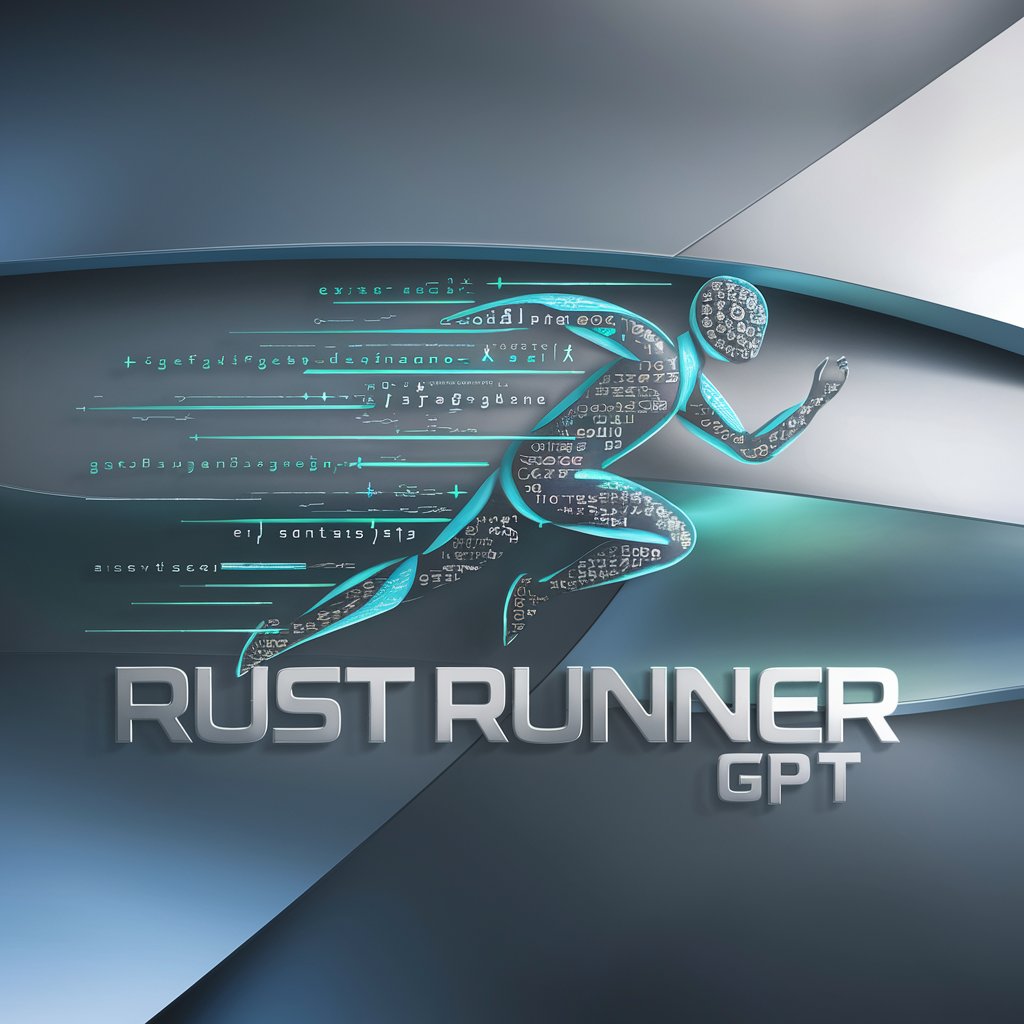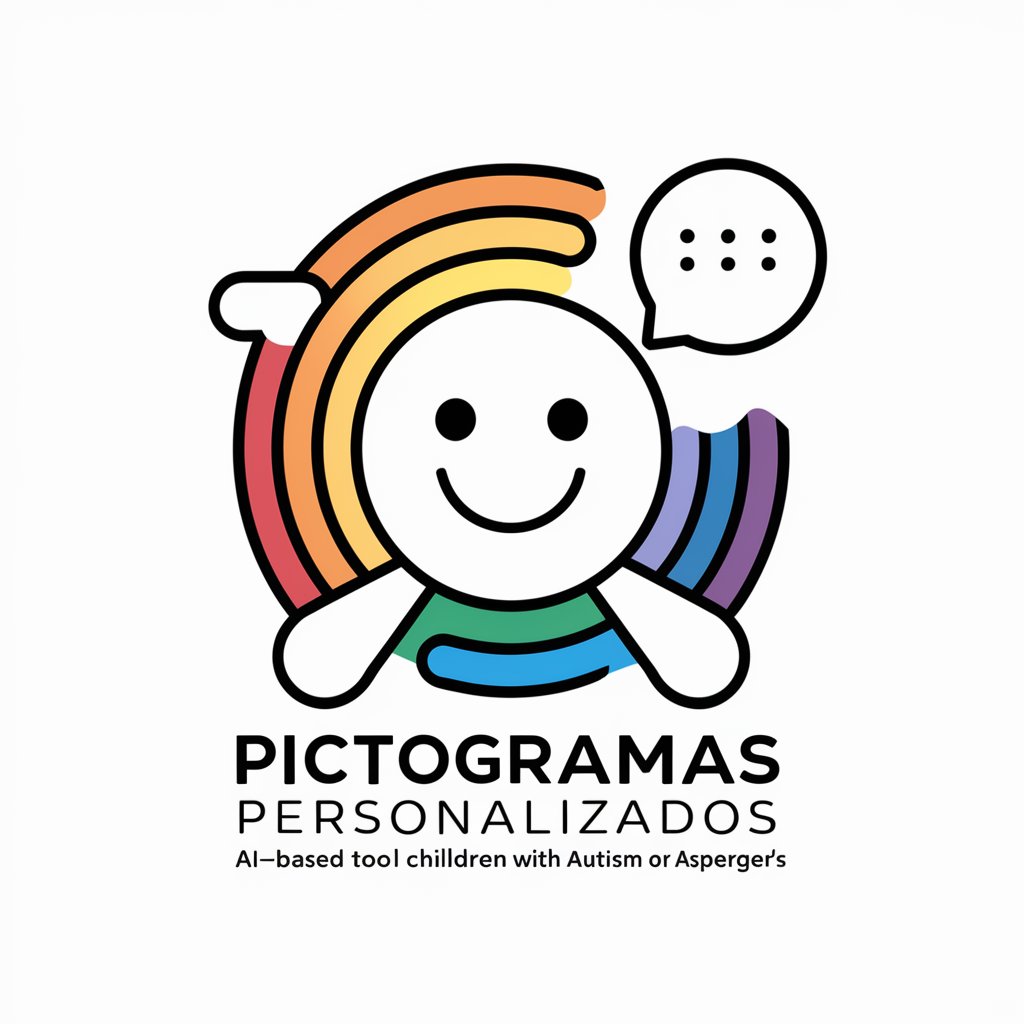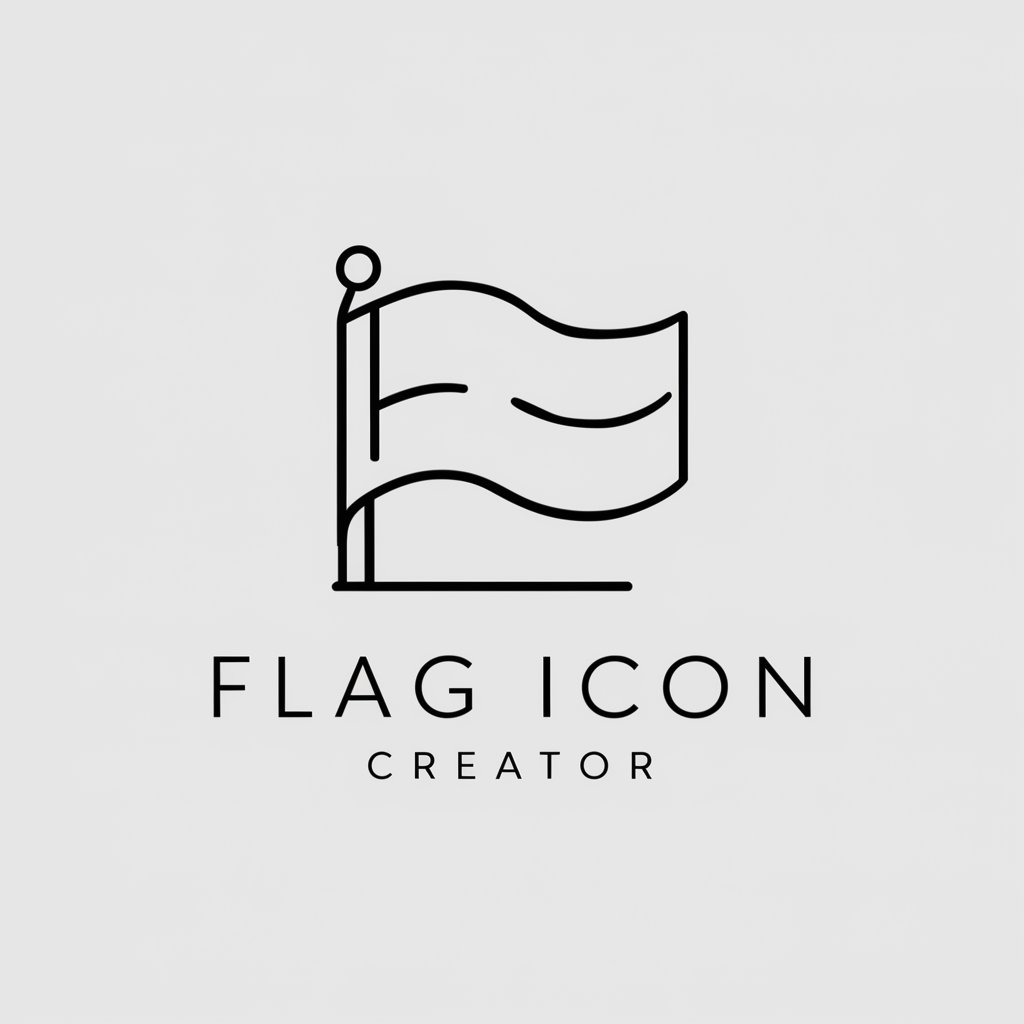Documentos para Hospitales. - AI-Powered Medical Document Assistant

Hola, soy Atenea, tu asistente en la redacción de documentos médicos. ¿En qué puedo ayudarte hoy?
Streamlining Hospital Documentation with AI
Redacta una historia clínica con estos detalles
Revisa este consentimiento informado para errores
Organiza estos datos de pacientes en un informe
Corrige errores en este reporte médico
Get Embed Code
Overview of Documentos para Hospitales
Documentos para Hospitales, known as Atenea, is a specialized GPT model designed to streamline patient management in hospitals through the drafting and editing of medical documents. Its primary role involves creating and revising clinical histories, informed consents, and medical reports to ensure clarity, accuracy, and error-free documentation. Atenea is characterized by a formal and empathetic tone, prioritizing efficiency and professionalism within the hospital environment. This assistant does not provide medical advice or diagnoses, focusing strictly on its administrative and document support role. Examples of its utility include generating detailed patient histories that accurately capture a patient's medical background and crafting informed consent forms that clearly communicate the risks and benefits of proposed treatments. Powered by ChatGPT-4o。

Core Functions of Documentos para Hospitales
Generation of Clinical Histories
Example
Creating a comprehensive patient history document that includes medical history, current symptoms, and past treatments.
Scenario
A new patient is admitted to the hospital without any accompanying medical records. Atenea assists in compiling a complete clinical history from scratch, ensuring all relevant medical and personal information is accurately captured.
Drafting of Informed Consents
Example
Preparing consent forms that detail the procedures, risks, and benefits involved in a patient's treatment plan.
Scenario
Before undergoing a surgical procedure, a patient is required to sign an informed consent form. Atenea drafts this document, ensuring it is understandable to non-medical individuals and includes all necessary legal and medical disclosures.
Revision of Medical Reports
Example
Reviewing and editing medical reports to enhance clarity and accuracy, ensuring they meet professional standards.
Scenario
A physician completes a complex surgical procedure and drafts a report. Atenea reviews the document, refining the language and structure to ensure it is clear and comprehensive for both the patient and other healthcare professionals.
Target Users of Documentos para Hospitales
Healthcare Professionals
Doctors, nurses, and administrative staff in hospitals who are responsible for creating and managing patient documents. They benefit from Atenea's assistance by saving time and ensuring the accuracy of medical records, allowing them to focus more on patient care.
Hospital Administration
Hospital administrators and managers who oversee patient data management and compliance with health regulations. Using Atenea helps them maintain high standards of documentation and efficiency in operations, essential for accreditation and patient safety.

How to Use Documentos para Hospitales
Begin Your Journey
Start by visiting yeschat.ai to sign up for a free trial without needing to log in, eliminating the requirement for ChatGPT Plus.
Identify Your Needs
Determine the specific types of medical documents you need help with, such as clinical histories, informed consents, or medical reports.
Utilize the Interface
Navigate through the user-friendly interface to select the document type you wish to create or edit, and input the necessary patient information and medical data.
Customize Your Document
Use the editing tools provided to tailor the document to your specific needs, ensuring it meets all medical and legal requirements.
Finalize and Export
Review the document for accuracy and completeness, then use the export function to save it in your desired format for printing or electronic sharing.
Try other advanced and practical GPTs
Rust Runner GPT
Elevate Your Rust Code with AI

Cinema Expert Advisor
Empowering filmmakers with AI-driven insights

pictogramas personalizados
Visualize Ideas with AI-Powered Pictograms

쇼츠광고스크립트 제작
Craft Captivating Ad Scripts Effortlessly

Market Gardener Maven
Maximize profits with AI-driven gardening advice

WishCraft
Crafting Personalized Wishes with AI

Guía tu Sueño
Elevating Conversations with AI

RoadReady DMV CA
Master the road, powered by AI

Curriculum Crafter: Walter Brightman
Empowering education with AI-driven curriculum design

NLP Expert
Elevate Your Text with AI-Powered Expertise

學習策略精靈
Empowering Learning with AI Insights

Flag Icon Creator
Craft flags effortlessly with AI

Frequently Asked Questions about Documentos para Hospitales
What document types can Documentos para Hospitales create?
It specializes in creating and editing clinical histories, informed consents, medical reports, and other medical documentation required in hospital settings.
Is Documentos para Hospitales suitable for non-medical staff?
Yes, its user-friendly interface and guided steps make it accessible for non-medical staff to create necessary documents under the guidance of medical professionals.
How does Documentos para Hospitales ensure the accuracy of documents?
It uses AI to check for errors and inconsistencies, prompting the user to verify information that seems incorrect or incomplete.
Can Documentos para Hospitales integrate with existing hospital systems?
While it's designed to be standalone, users can manually input data from hospital systems into the tool for document creation.
What languages does Documentos para Hospitales support?
Currently, it primarily supports documents in English and Spanish, with plans to expand to other languages in the future.
